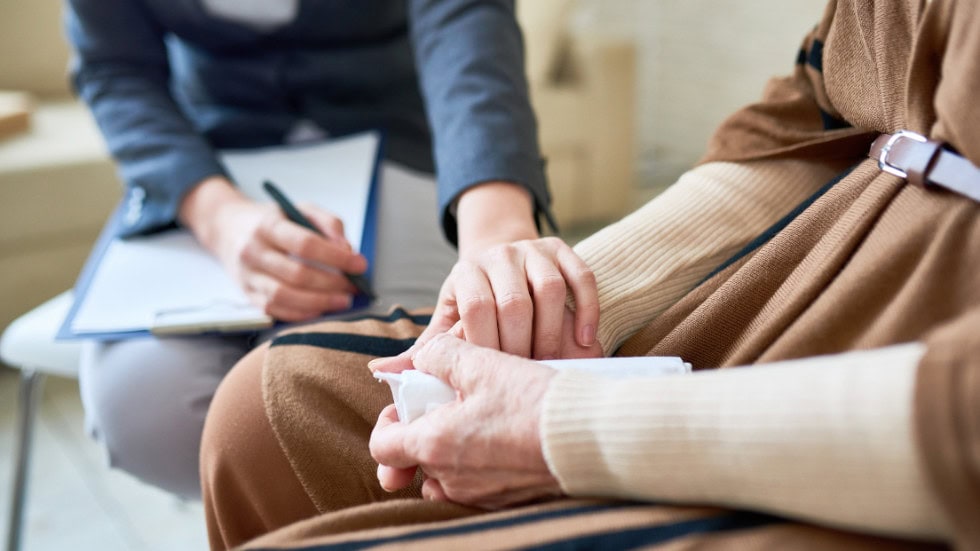Black History Month Spotlight: Henrietta Lacks

Henrietta Lacks – a name you may not have seen in most of our history books. But, you should have.
Henrietta Lacks
Henrietta spent her most formative years living in a four-room cabin of her grandfather’s. The cabin, which was formerly utilized as slave quarters, did not have running water or electricity. Henrietta walked two miles to school, every day – passing by the whites-only school along the way, and being harassed as she continued on to the segregated schoolhouse she was allowed to attend, until the sixth grade. After the sixth grade, Henrietta dropped out to continue working in the tobacco fields their cabin sat in the middle of.
It’s hard to imagine this woman, who grew up without electricity or water, who stopped attending school before most of us even knew how to properly function as teenagers – could change the world. But she did.
Henrietta, then a married woman with 5 children, presented as a patient to Johns Hopkins Hospital with severe abdominal pain. She was diagnosed with cervical cancer and, unfortunately, would be dead – at the age of 31 – within a few months of her diagnosis. However, her legacy did not die with her.
Dr. Gey, who was providing care at John Hopkins to Mrs. Lacks, harvested samples from Henrietta’s tumor (as he had done with all of his other patients, too). Other human cells would die out after a few days, but not Henrietta’s. Something about her cells was immortal. They didn’t just survive but thrived. They multiplied. They duplicated themselves exactly. Which was just what the world of science needed.
These cells, commonly referred to as HeLa cells to pay homage to Henrietta, were sent to labs everywhere. Scientists now had exact duplicates to use for testing things through the years, such as salmonella, the polio vaccine, and even research that helped the completion of the COVID-19 vaccine.
Henrietta and her family were not aware of her sample being taken nor used for these benefits for years to come. John Hopkins, since 2010, has worked with the Lacks family to develop programs that will recognize and honor Henrietta Lacks and her “extraordinary contribution to clinical research and the advancement of health throughout the world.”
The immortal cells of Henrietta have contributed to other medical breakthroughs such as the effects of zero gravity in outer space, the study of leukemia, the AIDS virus, and, notably the HPV vaccine, which would have saved Henrietta’s life. Thanks to her, many women will not have to bear the burden of cervical cancer.
No matter our age, race, gender or socioeconomic status, we owe Henrietta Lacks a debt of gratitude.
Please join us in exploring a new piece of history every week this month on our blog.



